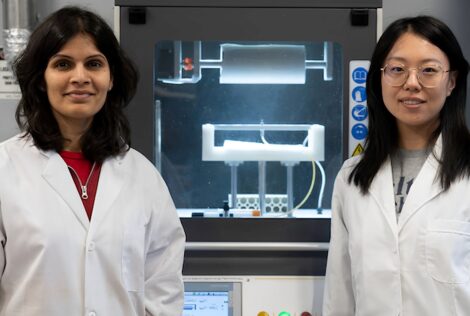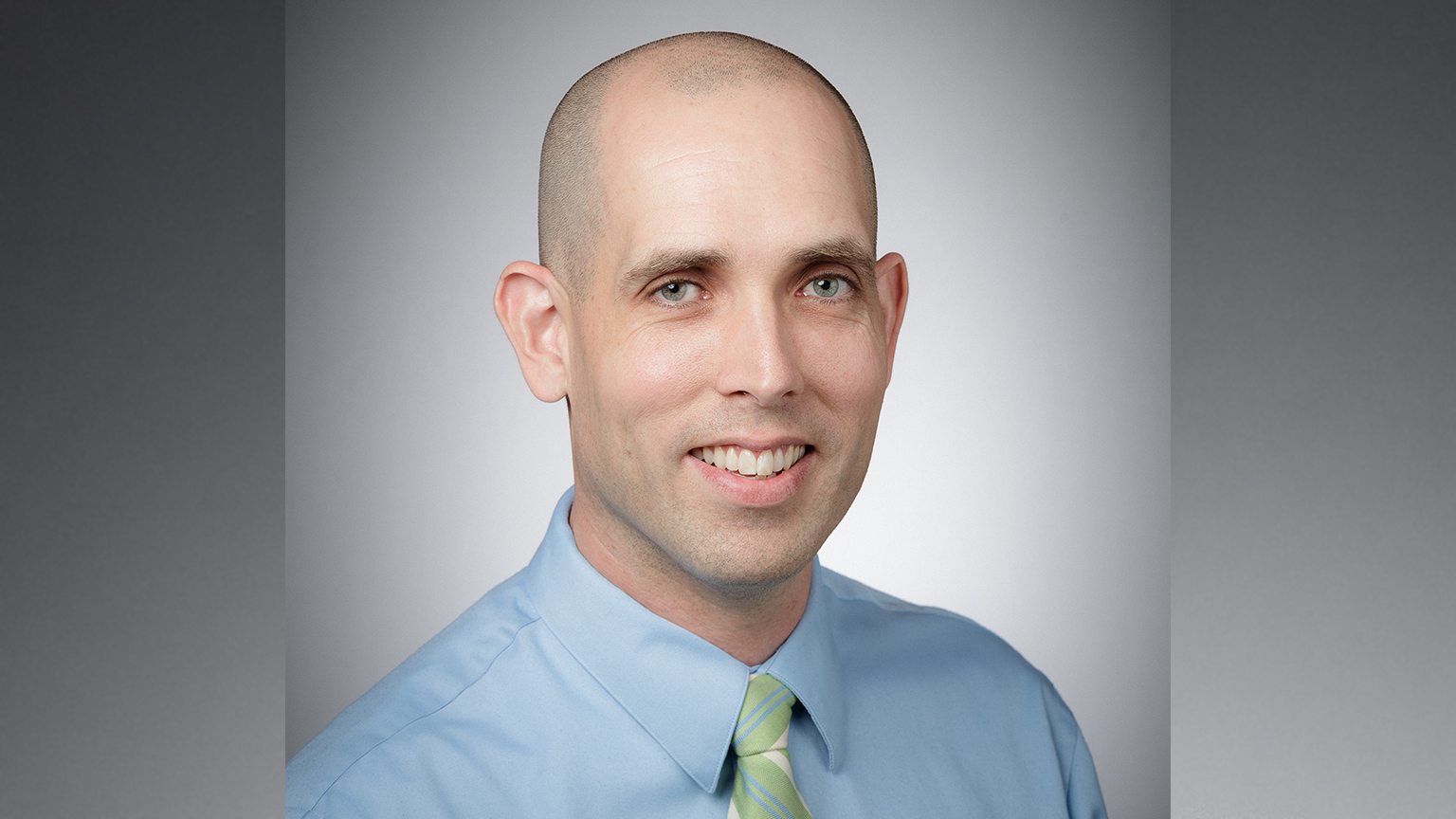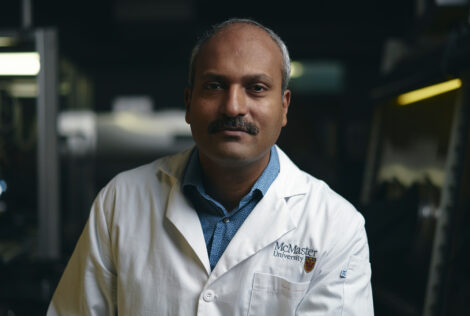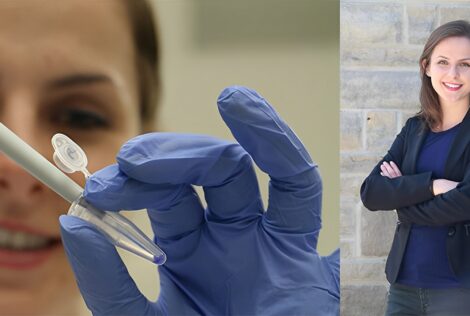

The North American Membrane Society (NAMS) has honoured David Latulippe as a 2020-2022 Education Innovation Fellow. Latulippe is an associate professor in the department of chemical engineering.
With a mission to support promising initiatives that introduce membranes into the science curriculum at colleges and universities, NAMS created the fellowship to support leaders and innovators in membrane science and technology education. In 2014, Latulippe was awarded the Young Membrane Scientist Award from NAMS.
As one of the two 2020-2022 Education Innovation Fellows, Latulippe will receive $7,500 USD to advance an education initiative involving membrane technologies. His proposed work, developed in collaboration with current PhD candidate and Vanier Scholar Ryan LaRue, will teach students in a fourth-year separations course how to use state-of-the-art software to design water treatment systems using advanced technologies such as reverse osmosis.
The same software is currently used by global consulting and engineering firms, including Hatch, preparing students for future employment in the water technologies work force. The proposed course will focus on solving open-ended problems, in line with the current priorities of the Canadian Engineering Accreditation Board (CEAB).
The online format of Latulippe’s proposed course is timely given the current educational climate in Canada and supports efficient and simple dissemination to post-secondary institutions worldwide.
What excites me most about the opportunity to use the NAMS award funding to enhance our department’s separations course is that the students will develop a tangible set of practical skills in membrane technologies that will be extremely attractive to future employers.
The proposed course “exemplifies the objectives of the NAMS Education Innovation Fellowship program and the society looks forward to Dr. Latulippe sharing the final product with the rest of the membrane community,” the NAMS awards committee said in a recent announcement.
Latulippe will draw on his significant industrial and academic experience in developing his proposed addition to the course.
He joined McMaster in July 2012 following postdoctoral work in the School of Applied and Engineering Physics at Cornell University. He completed his PhD work on the development of membrane filtration processes for DNA purification in the Department of Chemical Engineering at the Pennsylvania State University, following several years of employment as a process engineer at Zenon Environmental in Burlington, ON.
During his time in the faculty of engineering at McMaster University, Latulippe has successfully created and implemented software-related educational tools in a second-year fluid mechanics course to teach his students how to design and analyze complex piping systems.
This work was partly funded by a Teaching and Learning Grant from the MacPherson Institute in 2013.


